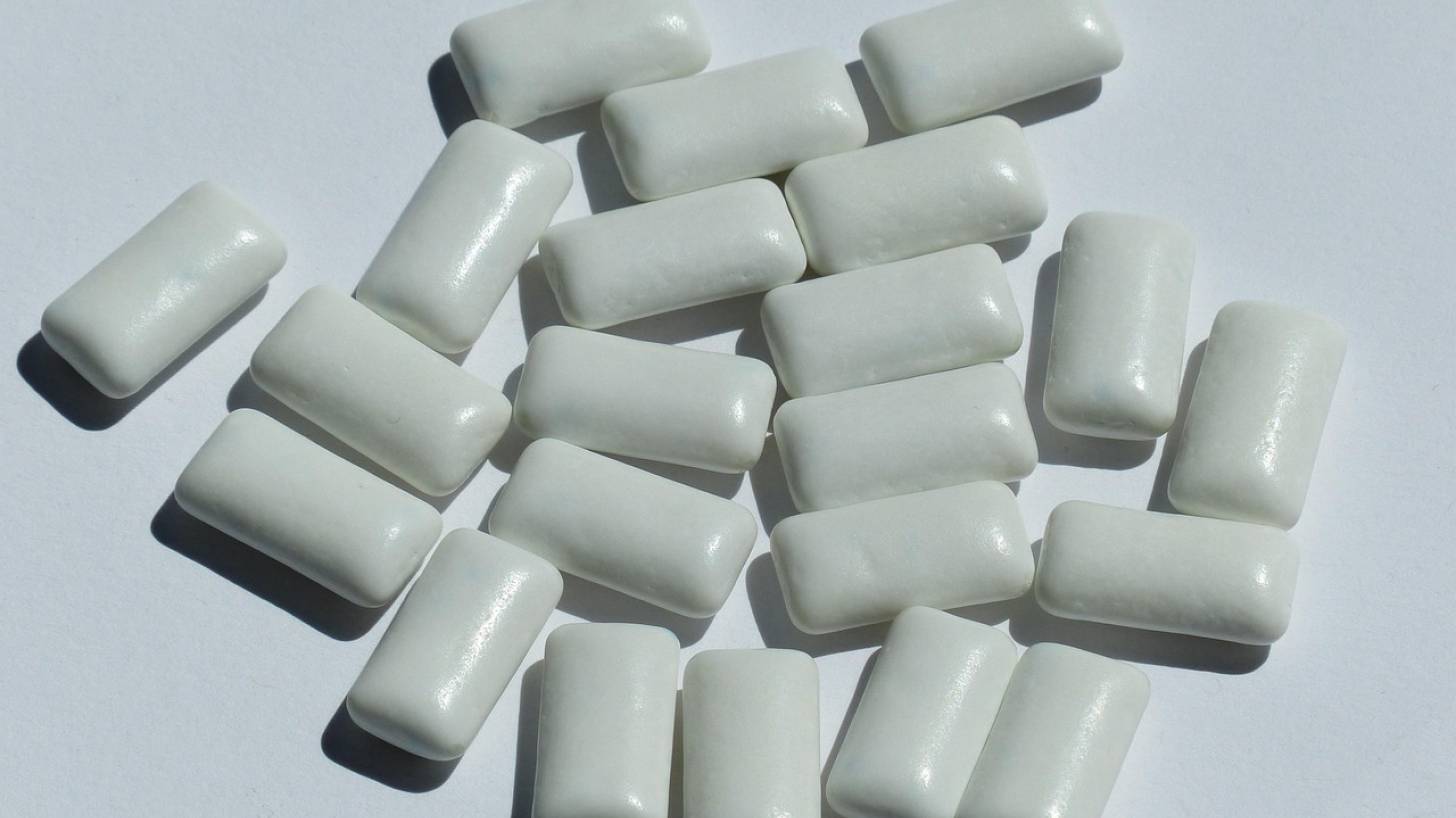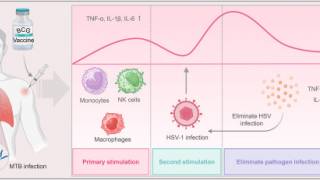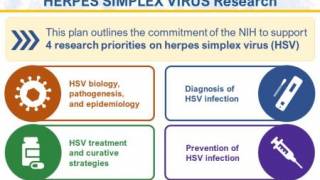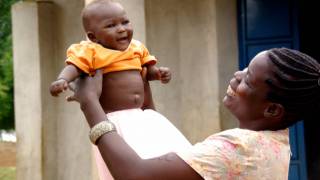Chewing Away Herpes Infection

Herpes simplex virus (HSV) is one of the causes of infectious blindness in Western countries, with no preventive vaccine available as of April 2025. The absence of a vaccine for HSV underscores the urgent need for innovative approaches that target reducing viral loads at the sites of transmission.
Recently, researchers from Penn Dental Medicine, in collaboration with colleagues in Finland, have addressed this issue in a study published in Molecular Therapy.
Henry Daniell, W.D. Miller Professor at Penn Dental Medicine, and collaborators tested the ability of a chewing gum made from lablab beans, Lablab purpureus, which naturally contain an antiviral trap protein (FRIL), to neutralize two herpes simplex viruses (HSV-1 and HSV-2).
This study evaluated the neutralization of viruses using a natural viral FRIL formulated in clinical-grade chewing gum. FRIL is highly stable in the lablab bean powder (683 days) and in chewing gum (790 days), and fully functional (794 days) when stored at ambient temperature.
They passed the bioburden test with no aerobic bacteria and yeasts/molds, and with a minimal moisture content of 1.28–5.9%.
Bean gum extracts trapped HSV-1/HSV-2 75–94% in a dose-dependent manner through virus self-aggregation.
The mastication simulator released over 50% of FRIL within 15 minutes of chewing the bean gum.
In plaque reduction assays, >95% neutralization of H1N1 and H3N2 required ∼40 mg/mL of bean gum, HSV-1 160 mg/mL, and HSV-2 74 mg/mL of bean gum for 1,000 copies/mL of virus particles.
"A broad-spectrum antiviral protein (FRIL) present in a natural food product (bean powder) to neutralize not only human flu viruses but also avian (bird) flu is a timely innovation to prevent their infection and transmission," Daniell stated in a press release on April 2, 2025.
These researchers wrote, 'a 2000 mg bean gum tablet has more than adequate potency for clinical evaluation and is safe with no detectable levels of glycosides.'
'These observations bode well for evaluating bean gum in human clinical studies to minimize virus infection and transmission.'
This is essential research as the cost of herpes infections is a measurable drain on society. The economic losses associated with herpes infection can be substantial, considering the lifelong nature of the disease.
A study published in 2024 estimated that HSV-2 ($31.2 billion) and HSV-1 ($4 billion) infection-related healthcare expenditures and productivity losses.
As of April 23, 2025, various herpes vaccine candidates are undergoing clinical trials, but none have been approved by the U.S. Food and Drug Administration (FDA).
Our Trust Standards: Medical Advisory Committee























